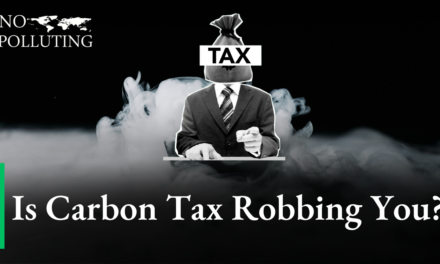The year 2022 brought an alarming reality to the forefront as tens of millions of acres of vital woodlands disappeared, highlighting the inadequacy of global efforts to curb deforestation.
Startling Deforestation Figures
With more than 16 million acres of land or 6.6 million hectares, deforested in the past year, the situation is dire. Notably, over 10 million acres of this land, equivalent to 4.1 million hectares, consisted of irreplaceable primary forests.
A coalition of research groups, including Climate Focus, conducted a comprehensive review of countries’ progress toward the ambitious goal of ending global deforestation within six years. The urgency of this objective, according to Matson, is essential for ensuring a livable climate.
This year’s assessment delved deeper into the problem, uncovering significant forest degradation, especially in the northern hemisphere. Regions like the U.S., Europe, and Canada experience forest degradation, leading to carbon loss, structural damage, and biodiversity decline.
Developed economies in Europe, the U.S., and emerging economies such as China contribute indirectly to deforestation by importing large quantities of soy, timber, beef, and palm oil from countries driving forest loss.
The report targeted global financial institutions and governments that support companies involved in forest destruction. A separate analysis unveiled that private financial institutions invested a staggering $6.1 trillion in “forest-risk” companies, while public finance for forest restoration and maintenance remained at $2.2 billion.
In a recent press conference, the report’s authors underscored the role of trade agreements in escalating deforestation, suggesting the possibility of mitigating their impact with safeguards.
Despite the alarming trends, there are indications of progress. Over 50 of the 141 countries that committed to the Glasgow deforestation pledge are on track to eliminate deforestation by 2030, including countries like Indonesia and Malaysia.
Additionally, the authors highlighted declining rates of deforestation in the Brazilian Amazon and the European Union’s policy requiring deforestation-free products in its markets.
In conclusion, Matson stressed the importance of reevaluating the value of forests beyond carbon, acknowledging their contributions to cultural heritage and human well-being. The ultimate goal is to reflect this comprehensive value in economic systems as we work toward the preservation of our invaluable woodlands.










